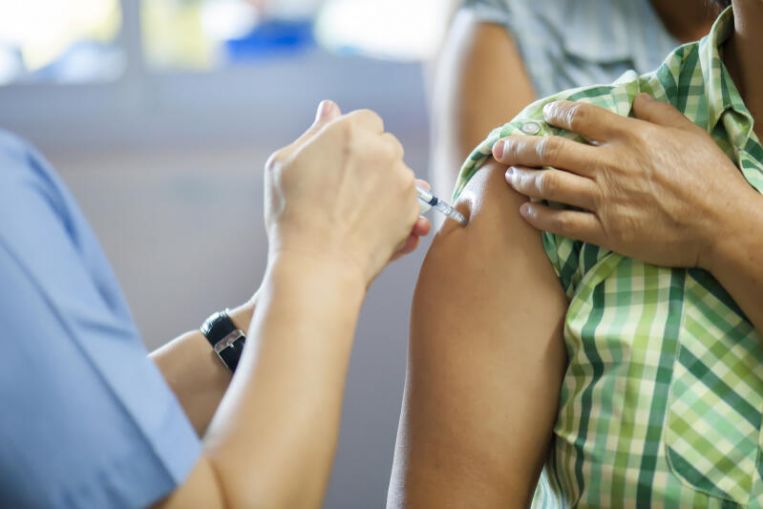NEW DELHI: Ahead of US President Donald Trumps visit to India, civil society has urged Prime Minister Modi to reject any proposal from the US to negotiate price control policies and demand to remove price caps imposed on medical devices, particularly stents.
In a letter to the PM, public health groups said India must not negotiate price control policies in trade and rather ensure public health policies are kept outside the purview of trade agreements.
The move comes in the wake of reports that India and the US are likely to strike a deal centered around medical devices.
“There is no precedent of India negotiating price control policies in trade and it is critical that policies meant to protect public health are kept outside the purview of trade agreements,” said the letter signed by 30 civil society organizations including Campaign for Access to Medicines-India, All India Drug Action Network and various other public health advocates and experts.
It also raised concerns about the US putting pressure on India to adopt “TRIPS-plus” intellectual property provisions, highlighting that this will extend patent protections for medicines and confer longer monopolies making drugs and other pharmaceutical products inaccessible for many patients.
“We urge that if India accepts the “TRIPS-plus” demands of the USA, it would seriously undermine the availability of affordable generic medicines in India and result in pushing more people below the poverty line due to out-of-pocket expenditure on medicines and increased costs of healthcare. Conceding to US demands for “TRIPS-plus” provisions would have a devastating impact on all the national health programs,” the letter said.
Trump is set to visit India sometime between February 21 and February 24.
So far, India has maintained a firm stand on price control, especially stents and knee implants – which were exorbitantly priced by multinationals before the government imposed price caps around three years ago. However, there is strong lobbying from the US which is home to several multinational medical device manufacturers, mainly stent makers who are trying to influence policy in theiRead More – Source
NEW DELHI: Ahead of US President Donald Trumps visit to India, civil society has urged Prime Minister Modi to reject any proposal from the US to negotiate price control policies and demand to remove price caps imposed on medical devices, particularly stents.
In a letter to the PM, public health groups said India must not negotiate price control policies in trade and rather ensure public health policies are kept outside the purview of trade agreements.
The move comes in the wake of reports that India and the US are likely to strike a deal centered around medical devices.
“There is no precedent of India negotiating price control policies in trade and it is critical that policies meant to protect public health are kept outside the purview of trade agreements,” said the letter signed by 30 civil society organizations including Campaign for Access to Medicines-India, All India Drug Action Network and various other public health advocates and experts.
It also raised concerns about the US putting pressure on India to adopt “TRIPS-plus” intellectual property provisions, highlighting that this will extend patent protections for medicines and confer longer monopolies making drugs and other pharmaceutical products inaccessible for many patients.
“We urge that if India accepts the “TRIPS-plus” demands of the USA, it would seriously undermine the availability of affordable generic medicines in India and result in pushing more people below the poverty line due to out-of-pocket expenditure on medicines and increased costs of healthcare. Conceding to US demands for “TRIPS-plus” provisions would have a devastating impact on all the national health programs,” the letter said.
Trump is set to visit India sometime between February 21 and February 24.
So far, India has maintained a firm stand on price control, especially stents and knee implants – which were exorbitantly priced by multinationals before the government imposed price caps around three years ago. However, there is strong lobbying from the US which is home to several multinational medical device manufacturers, mainly stent makers who are trying to influence policy in theiRead More – Source











